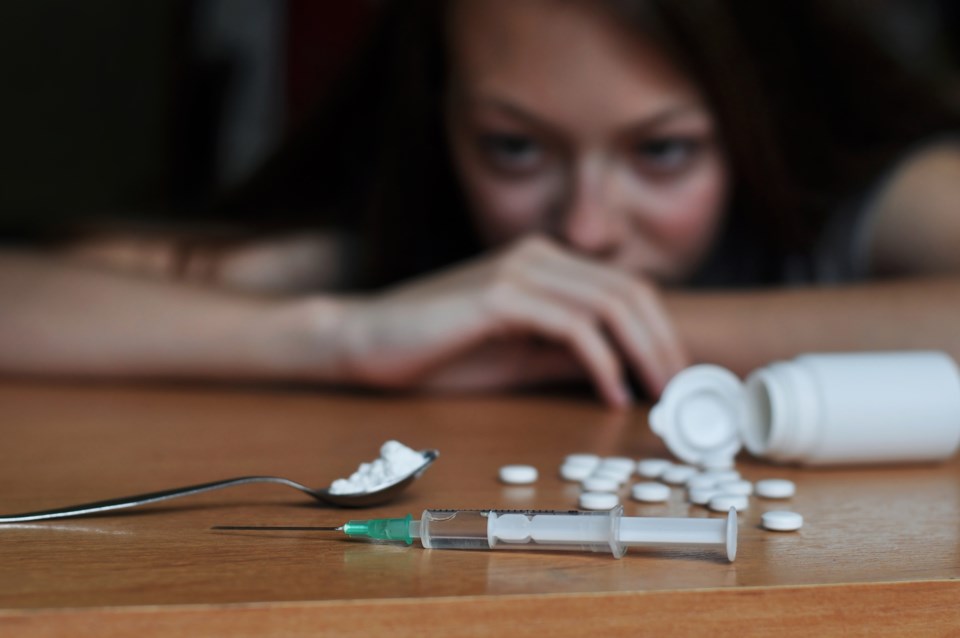Re: "City saw nine toxic drug deaths in January," March 17
I used to be one of those who, while sympathetic, would look down on those who’d ‘allowed’ themselves to become addicted to alcohol and illicit drugs. Yet, though I have not been personally affected by the opioid addiction/overdose crisis, I myself have suffered enough unrelenting ACE-related hyper-anxiety to have known, enjoyed and appreciated the great release upon consuming alcohol and/or THC.
Often overlooked is that intense addiction usually does not originate from a bout of boredom, where a person repeatedly consumed recreationally but became heavily hooked — and homeless, soon after — on an unregulated often-deadly chemical that eventually destroyed their life and even those of loved ones.
Emotional and/or psychological trauma from unhindered toxic abuse usually results in a helpless child's brain improperly developing. If allowed to continue for a prolonged period, it can act as a starting point into a life in which the brain uncontrollably releases potentially damaging levels of inflammation-promoting stress hormones and chemicals, even in non-stressful daily routines. It's like a form of non-physical-impact brain damage.
The lasting mental pain is very formidable yet invisibly confined to inside one's head. It is solitarily suffered, unlike an openly visible physical disability or condition, which tends to elicit sympathy/empathy from others. It can make every day a mental ordeal, unless the turmoil is treated with some form of medicating, either prescribed or illicit.
Therefore, neglecting people dealing with debilitating drug addiction should never have been an acceptable or preferable political option. But the callous politics typically involved with addiction funding/services likely reflect conservative electorate opposition, however irrational, towards making proper treatment available to low- and no-income addicts.
To me, it’s as though some people, however precious, can tragically be consciously or subconsciously considered disposable — especially by government bean-counters — because they are addicted to drugs. Then those people may begin perceiving themselves as worthless and consume their addictive substances more haphazardly.
Frank Sterle Jr.
White Rock



